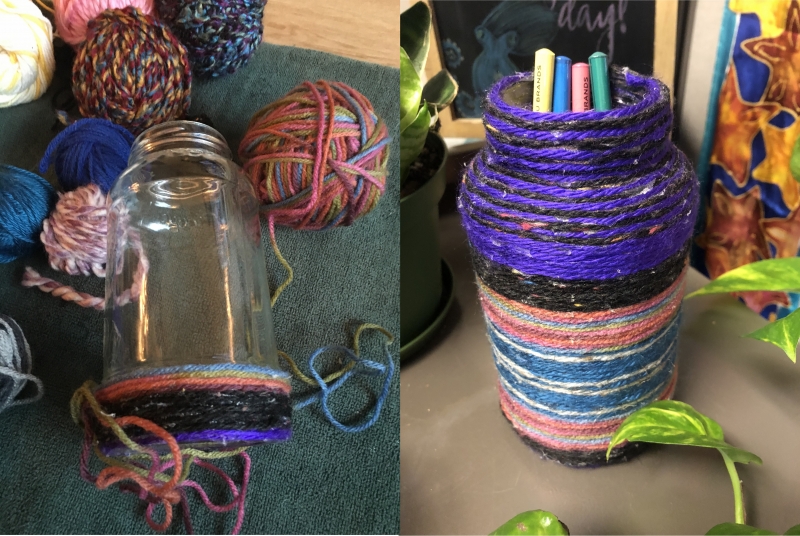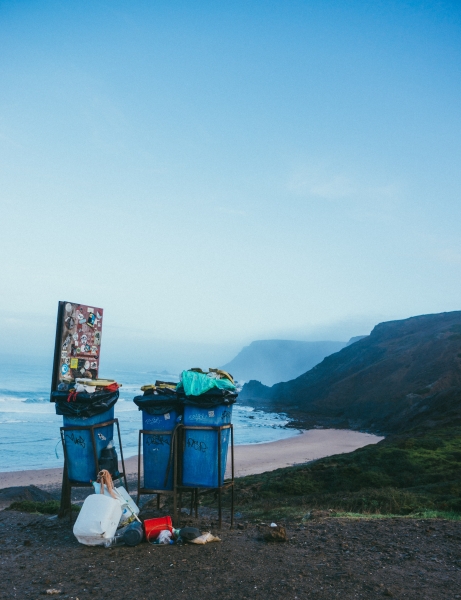As a famous groundhog once said, spring is just around the corner. Warmer weather often inspires us to throw open the windows and clean out our hibernation caves. Spring cleaning is a time-honored tradition, but it can also generate huge amounts of waste. Clothes that don’t fit anymore, old trinkets, or anything else that does not spark joy can end up in a landfill. The more waste we produce, the more likely it is that some of our discarded items will end up escaping a garbage truck or landfill and end up in our waterways. As you clean, think about these questions to keep our ocean and Great Lakes clean as well.
-
Can you reuse it? If you are tempted to throw an item out, first consider whether it has other potential uses. Old t-shirts make great rags. Cut up your shirts and use them as you clean instead of paper towels. Old shoe boxes make handy dividers when organizing your dresser or closet. Even old jars make excellent new organizers.

-
Can someone else use it? If something is still usable, find it a new owner. You can donate it to a thrift store, sell it in a yard sale, or give it to a friend. If your friends have also been bitten by the cleaning bug, host a clothing or book swap. It's a fantastic way to get rid of old things and update your wardrobe or bookshelf at the same time.

-
Can it be recycled? If you have an item that is no longer useful to you or anyone else, first check to see if it can be recycled before you toss it away. Municipal recycling programs usually only take limited types of paper, plastic, and other recyclable materials, but other options exist. Check out Earth911, Recycle Finder, or TerraCycle to locate facilities that recycle everything from plastic bags to electronics, and even old cooking oil.

While a clean home can help you to feel happier and more relaxed, it is also important to take care of our Earth home as well. If you still have energy after cleaning your house, consider heading outside and cleaning up your neighborhood as well. Whether you are on a beach in California or on a river in Kansas, the waste from your home can become the waste in your aquatic neighbor’s home if you aren’t careful. So, this spring season, start a new tradition of cleaning for yourself and your ocean.
